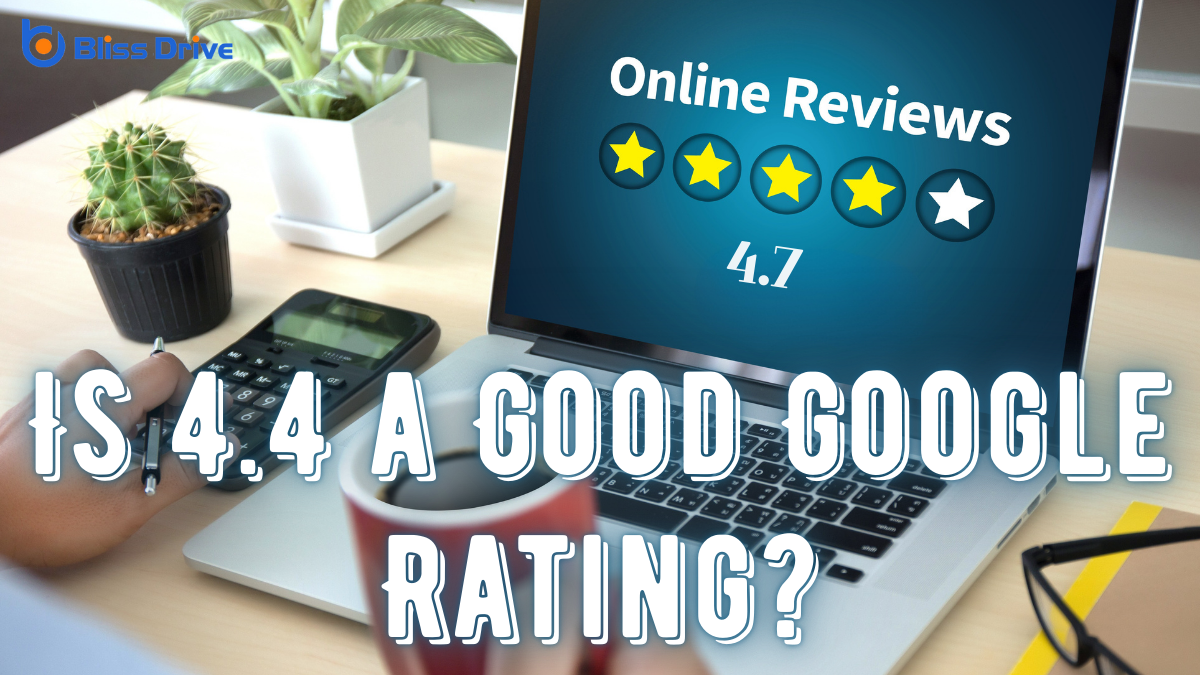Digital Marketing Services
Learn More About Us

As I consider the power of online reviews, I wonder if a 4.7 Google review rating is truly impressive. It's certainly higher than average, but just how significant is that number? Does it make a business stand out among its competitors, or is there more to the story? Let's explore the impact of this rating and uncover what it really means for businesses aiming to win over customers.
The Google Review Rating System can seem straightforward at first glance, but there's more to it than just stars. When I first started exploring it, I realized those stars are just the beginning. Each review contributes to a business's overall rating, offering potential customers a snapshot of quality and reliability.
But how are these ratings calculated? It turns out Google uses a weighted average, considering both the number of reviews and their scores. A single negative review won't drastically lower a high average, but a series of them might. This system guarantees a fair representation of customer experiences.

When I see a 4.7 rating on Google, I immediately think about the competitive edge it offers a business.
It signals a high level of trustworthiness and reliability, which can be essential in attracting new customers.
Wouldn't you feel more confident choosing a service with such a strong endorsement from others?
Achieving a 4.7 rating on Google Reviews offers a business a significant competitive edge. As someone who's often on the lookout for quality services, I know that a high rating influences my choices. It reflects a business's commitment to excellence and customer satisfaction.
Let me break down why this matters:
Understanding these benefits can help you see just how valuable a 4.7 rating is in today's competitive market.
A 4.7 rating does more than provide a competitive edge; it also speaks volumes about a business's trustworthiness and reliability.
When I see a 4.7 rating, I'm inclined to believe that the business consistently meets customer expectations. It suggests that most people have had positive experiences, which builds trust.
Trustworthiness isn’t just about good products or services; it’s about how a business handles issues. A 4.7 rating indicates a commitment to resolving problems, showing reliability.
I feel reassured knowing a business cares enough to maintain high standards. It’s not perfect, but it’s close enough to suggest consistent quality and customer satisfaction.
In a world filled with choices, that reassurance can make all the difference in where I choose to spend my money.
While a 4.7 Google review rating seems impressive, it’s crucial to see how it stacks up against competitor ratings.
It's not just about the number alone; context matters. If your competitors also maintain high ratings, your 4.7 might be average.
Let's consider three points when comparing:
Understanding these factors can help you better position your business in the marketplace.
When I look at a business with a 4.7 rating, the sheer number of reviews can greatly influence my perception of its reputation.
A large volume of positive feedback often enhances the trustworthiness of a business, making it more appealing.
This competitive edge can be vital, especially when I'm comparing it to others with similar ratings but fewer reviews.
Many people often wonder how the number of reviews influences a business's reputation, and it's a question worth diving into. From my experience, I've found that more reviews can shape perception in significant ways.
Here are three points to take into account:
In essence, while the average rating is important, the sheer number of reviews plays a critical role in establishing a business's reputation.
Although the number of reviews can considerably impact perception, it’s vital to contemplate how this volume affects trustworthiness. When I see a business with hundreds of reviews, I often feel more confident in its credibility. A high volume suggests a broader customer base, which implies reliability.
However, I don’t just focus on quantity—quality matters too. If most reviews are positive and detailed, I'm more inclined to trust the business. But, I'm also cautious. A large number of reviews with no substance or overly generic comments can be suspicious.
It’s important to balance volume with authenticity. While I appreciate the reassurance of many voices, I also look for genuine experiences that tell me the business consistently delivers satisfaction.
In today's competitive market, a high volume of reviews can provide a significant edge for businesses attempting to stand out. It’s not only about achieving a high rating but also about the number of voices backing that score. A 4.7 rating with many reviews can boost confidence more than a perfect score with only a handful.
Here's why:
Understanding these aspects helps in realizing why a 4.7 with many reviews can be invaluable.

When analyzing customer feedbackInformation provided by customers about their experience with a product or service, used to improve ... and trends, it’s crucial to explore the subtleties of what a 4.7-star rating on Google Reviews actually means. A 4.7 rating isn't just a number; it reflects a pattern of customer satisfaction and trust. It suggests that the majority of customers have had positive experiences, yet there's room for improvement.
By diving into the feedback, I can identify specific areas where a business excels and where it might need to enhance. Trends in reviews, like recurring praise or criticism, offerThe specific product or service being promoted by affiliates. insights into customer priorities and pain points.
Understanding customer feedback patterns highlights the importance of addressing specific areas that need improvement.
Boosting your Google review rating isn't just about getting more reviews—it's about refining your service to meet customer expectations. Here are a few strategies I’ve found effective:
In my experience, a 4.7 Google review rating is exceptional and speaks volumes about a business’s dedication to customer satisfaction. It doesn't just draw in new customers but also sets a business apart from its competitors. While maintaining such a high rating requires ongoing effort, the payoff is significant. By understanding and acting on customer feedback, businesses can not only sustain but potentially improve their ratings, ensuring lasting success and a stellar reputation.
